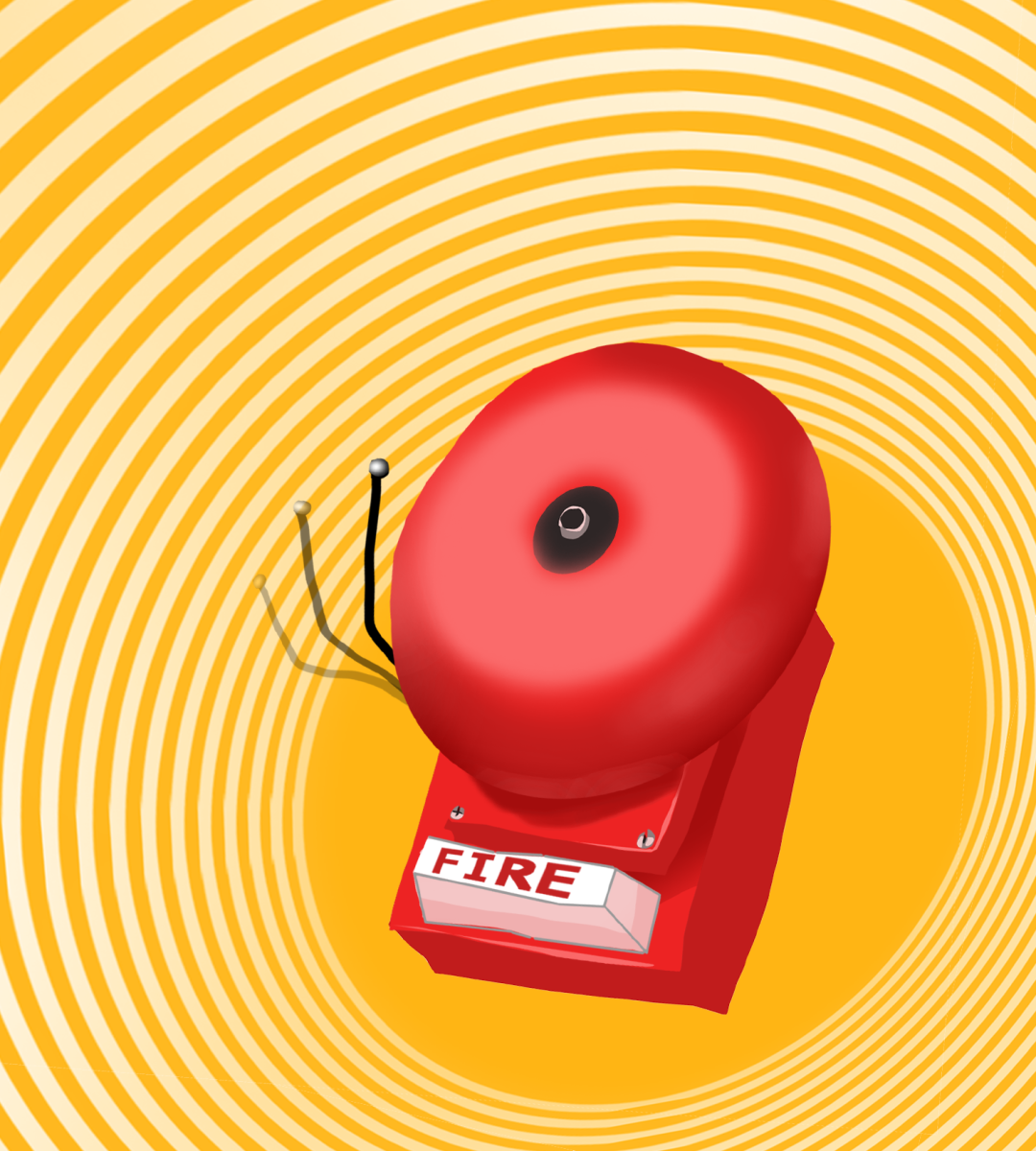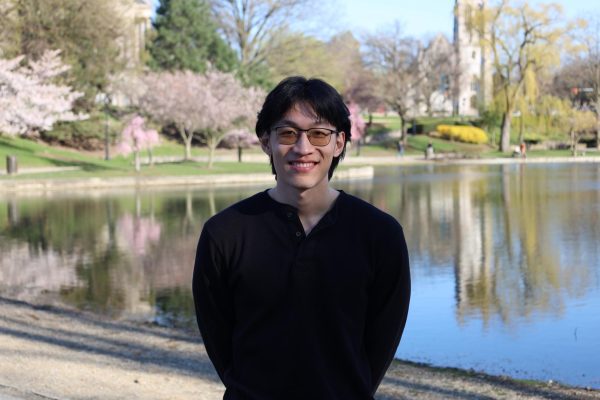At approximately 7:30 p.m. on Jan. 24, residents of Stephanie Tubbs Jones Residence Hall (STJ) were interrupted from their evening routines with the sound of a fire alarm. Racing down the emergency exits, residents were not greeted by the Cleveland Fire Department or Case Western Reserve University Police, but instead by two middle-aged men holding iPads.
The only indication of this event being a fire drill was the aforementioned officials and a lack of fire trucks in the aftermath.
Many of the students were confused why fire drills still occur on university campuses as they often associated the drills as an elementary school experience.
“Why are they so bad?” noted one disgruntled third-year student, referring to the timing and execution of the event.
“[CWRU’s Environmental Health and Safety (EHS) department] conducts the fire drills required on campus,” said Brandon Kirk, the assistant director construction, facilities, fire-life safety at EHS.
He noted that these are required by the Ohio Fire Code, and two drills are required per semester, one after sunrise and the other after sunset. This is similar to most other universities in Ohio, with the exception of the University of Akron, which only claims to do one per semester.
“The first set of drills must be conducted within 10 days of the semester starting,” he noted regarding the timing of the event, which would explain the most recent fire drill experienced by STJ’s residents.
Residents who were momentarily evacuated expressed their frustration with the timing.
“Can they have two different alarms so I know which one to take seriously? I could have been watching my biochem lecture,” one student said.
Other students were equally caught off guard, including one student seen attempting to calm their cat.
Nevertheless, Krik stresses that these fire drills “must be unannounced.”
“These drills are to be treated as a real incident to the residents,” he said. “If they are notified of the times, no one will participate. [Residents] will ignore the alarm, which may not be our drill alarm, and remain in their unit. We do not want that. The entire goal is to help familiarize residents with their emergency egress routes.”
Inside the residence halls, there are often many ways of staying safe in the case of a fire, and every building is fitted with a smoke detector system. Still, just under a third of CWRU students live in a residence hall with a sprinkler system.
EHS’ website claims that “sprinklers are installed in many building[s]” around campus. While many stovetops in common room kitchens have a fire suppression system in the hood above the stovetop, this does not cover the rest of the building.
The residence halls without the sprinkler system include all first-year housing (except for Clarke Tower), all second year housing (except Triangle) and many of the older buildings owned by the university in the Upperclass Experience.
This is not the same across the United States. For example, state law in New Jersey requires there to be sprinklers in all college dormitories. Other higher education institutions in the UAA, such as New York University, have recently installed sprinklers in their residence halls.
Thankfully, actual fires on CWRU’s campus are relatively rare. Last calendar year, only eight occurred, with only two fires causing over 500 dollars worth of property damage.
In response to questions the university stated, “All residence halls meet or exceed building and fire codes. When older structures don’t contain fire-suppression systems, other building and fire codes must be followed and are. Higher-risk areas for fire—such as kitchens—have fire-suppression systems, and sprinkler systems are installed during larger renovations as required by code.”




